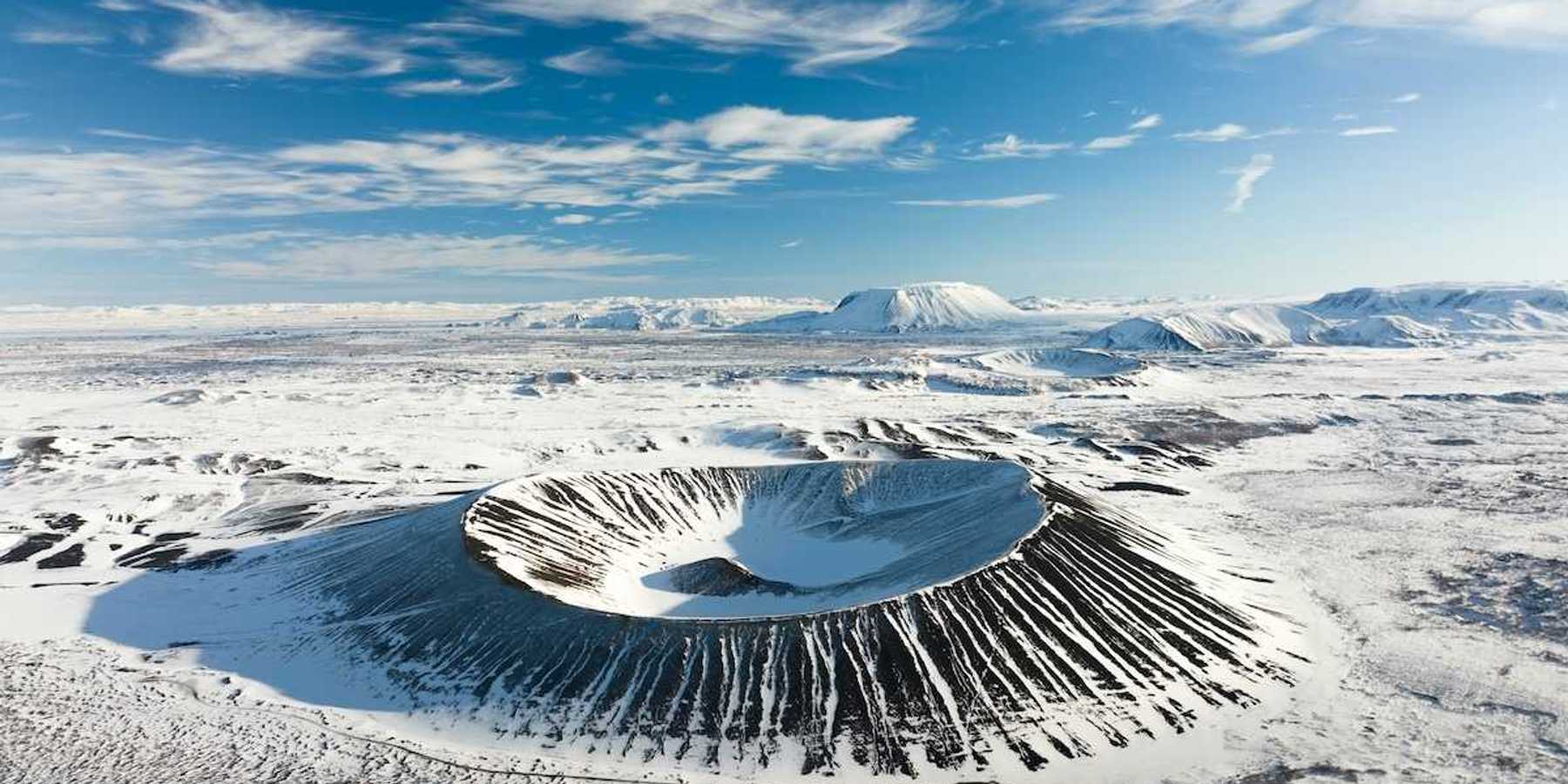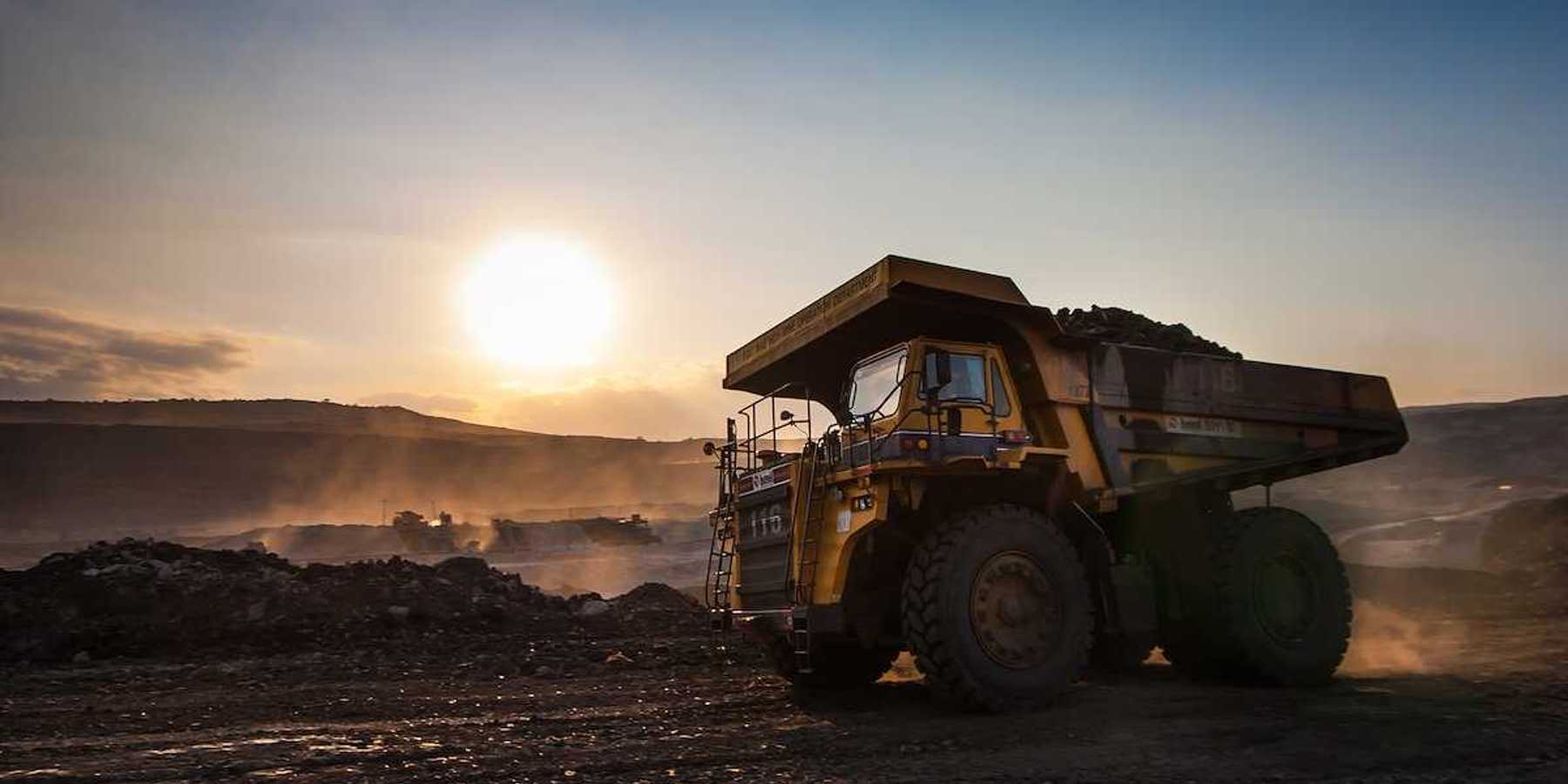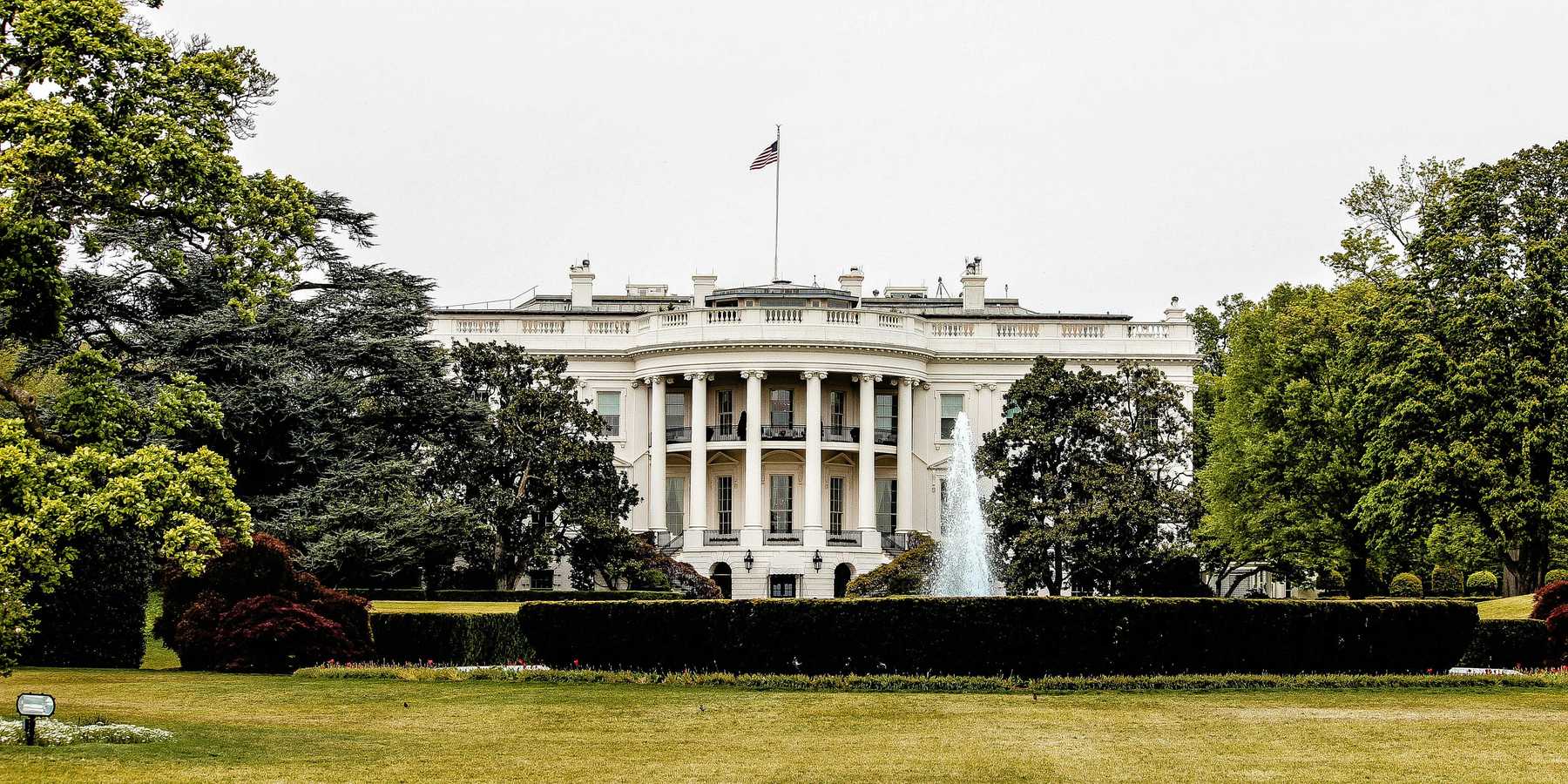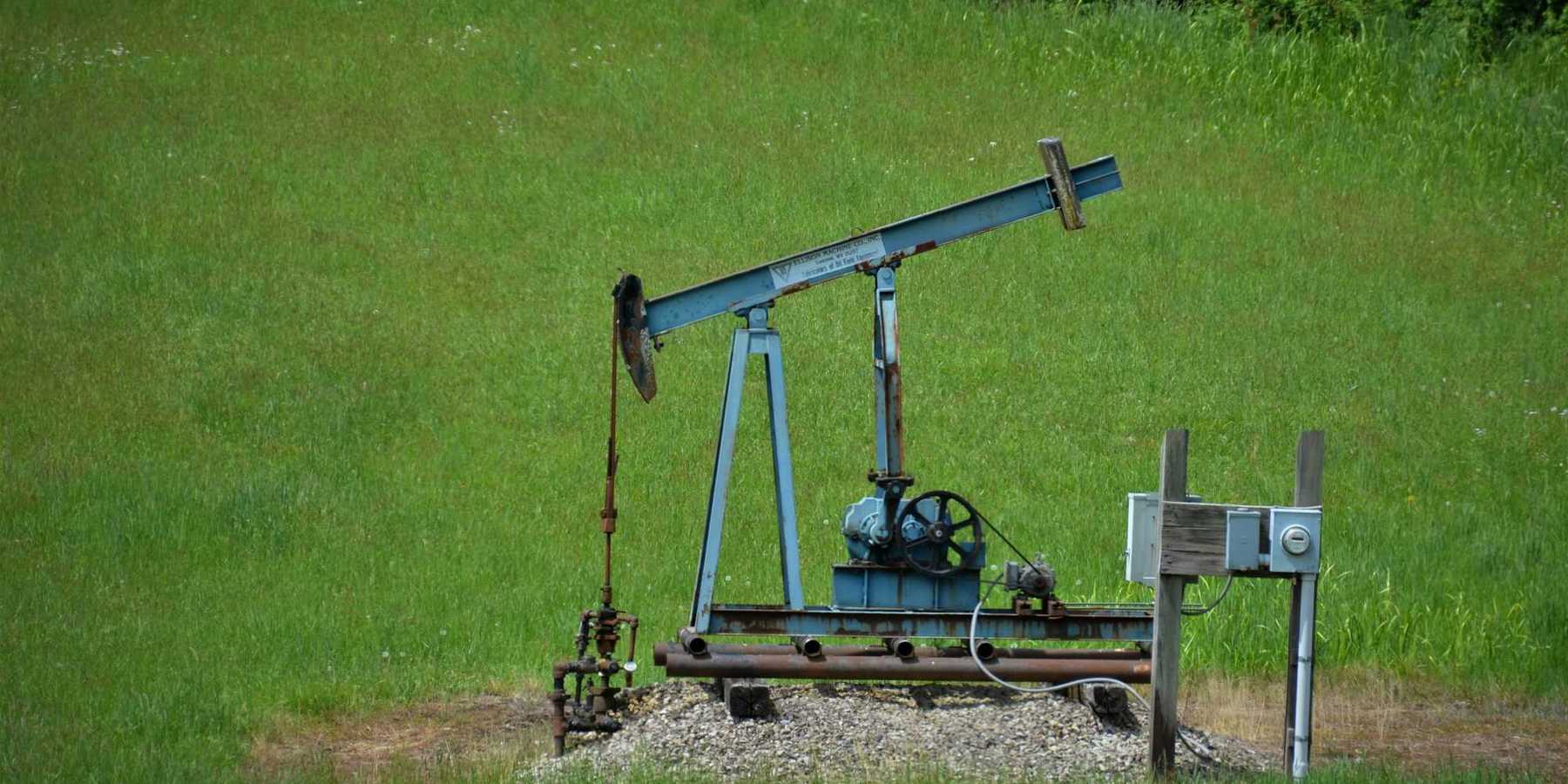20 March 2024
Fungi's role in environmental cleanup and construction innovation
In Cleveland, a novel approach harnesses fungi's power to address pollution and housing crises.
Nick Hilden reports for the BBC.
In short:
- Scientists explore fungi to decompose toxic waste from abandoned homes, transforming it into construction materials.
- The process creates "mycoblocks," a sustainable alternative to traditional building materials, stronger than concrete.
- This initiative not only tackles waste management but also aims at reducing carbon emissions significantly.
Key quote:
"I think mycelium will be the unsung hero of climate change."
— Joanne Rodriguez, founder and CEO of Mycocycle
Why this matters:
Scientists and environmentalists are exploring innovative uses of fungi to tackle various waste challenges, from breaking down plastics to transforming agricultural byproducts into valuable commodities.













